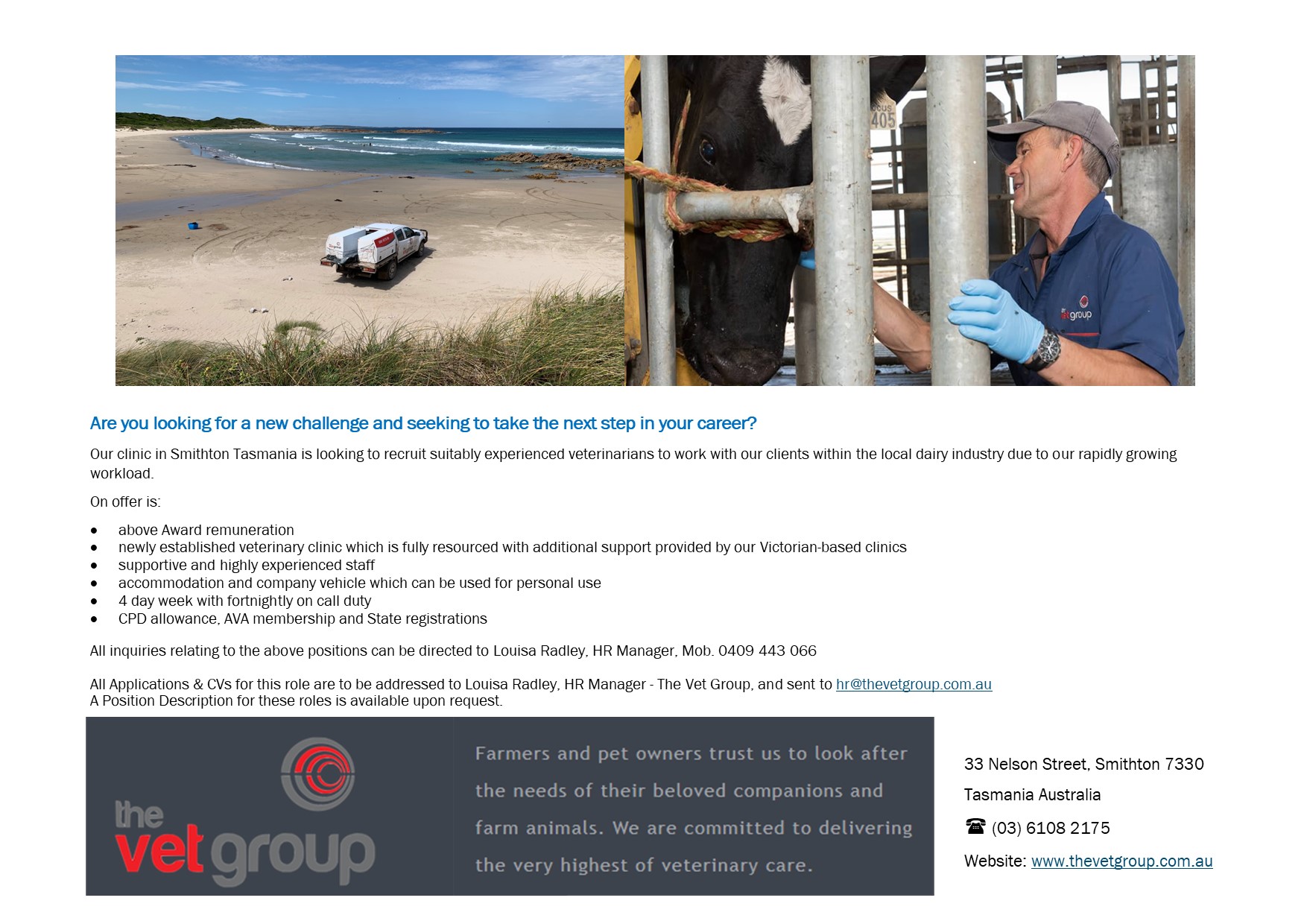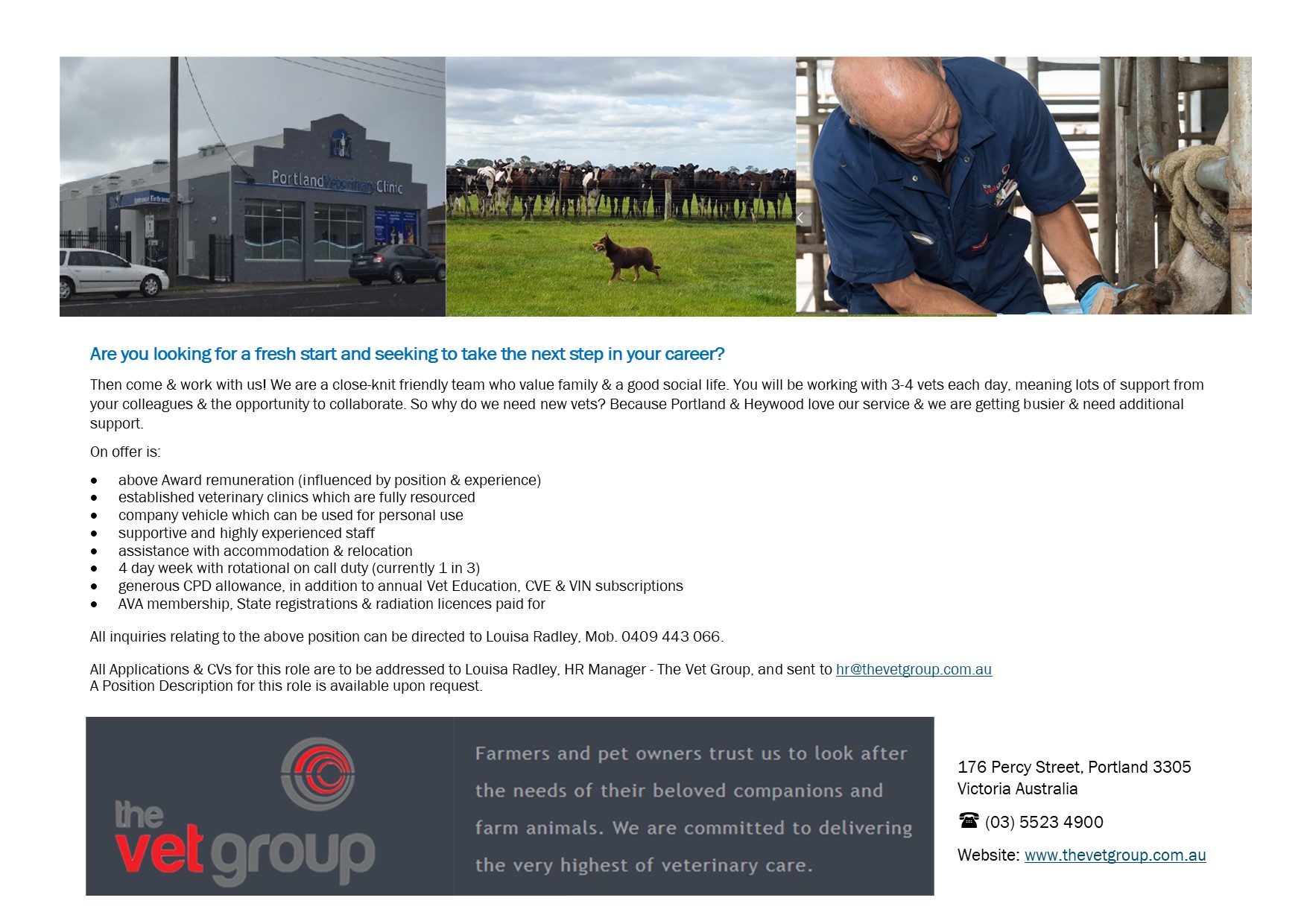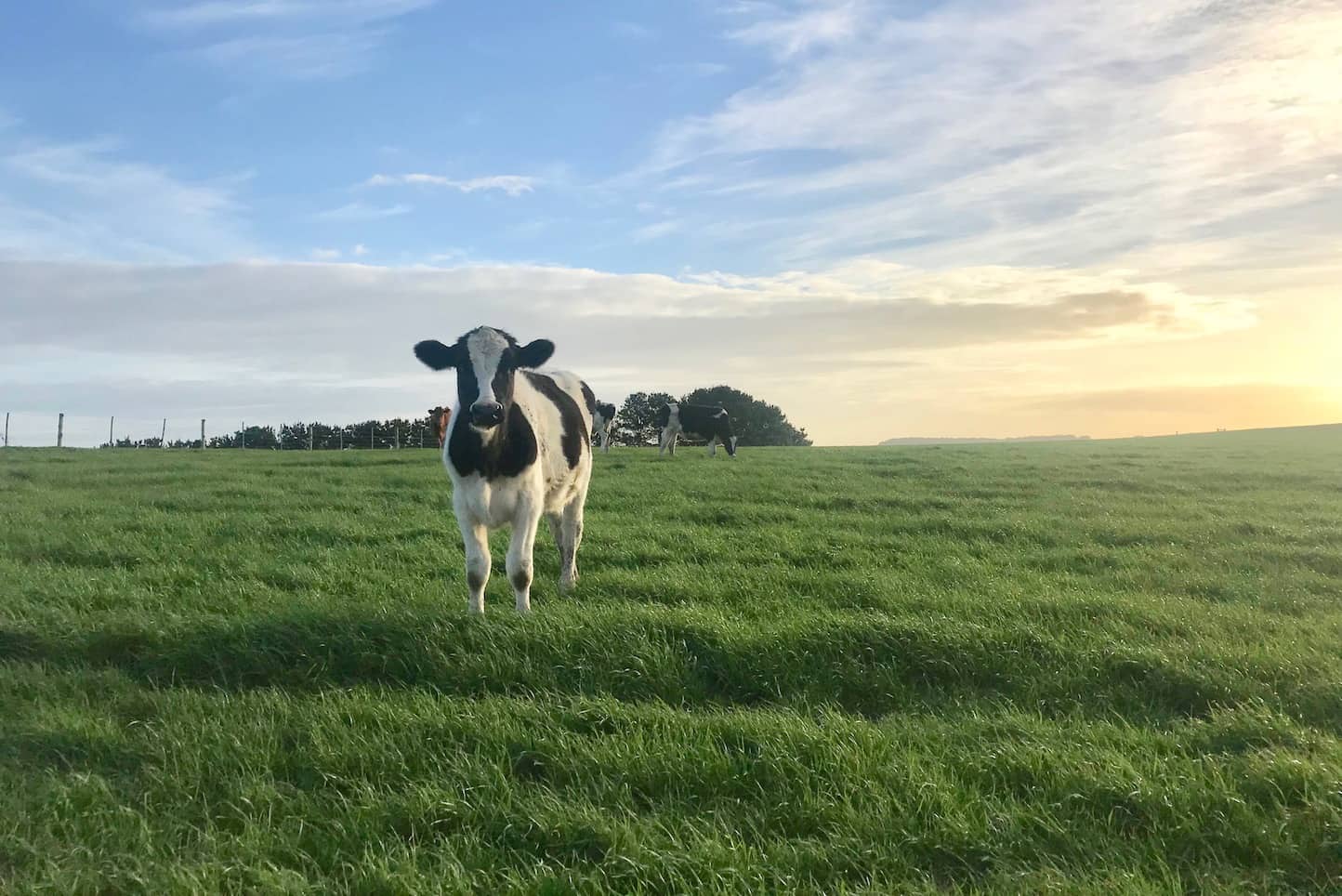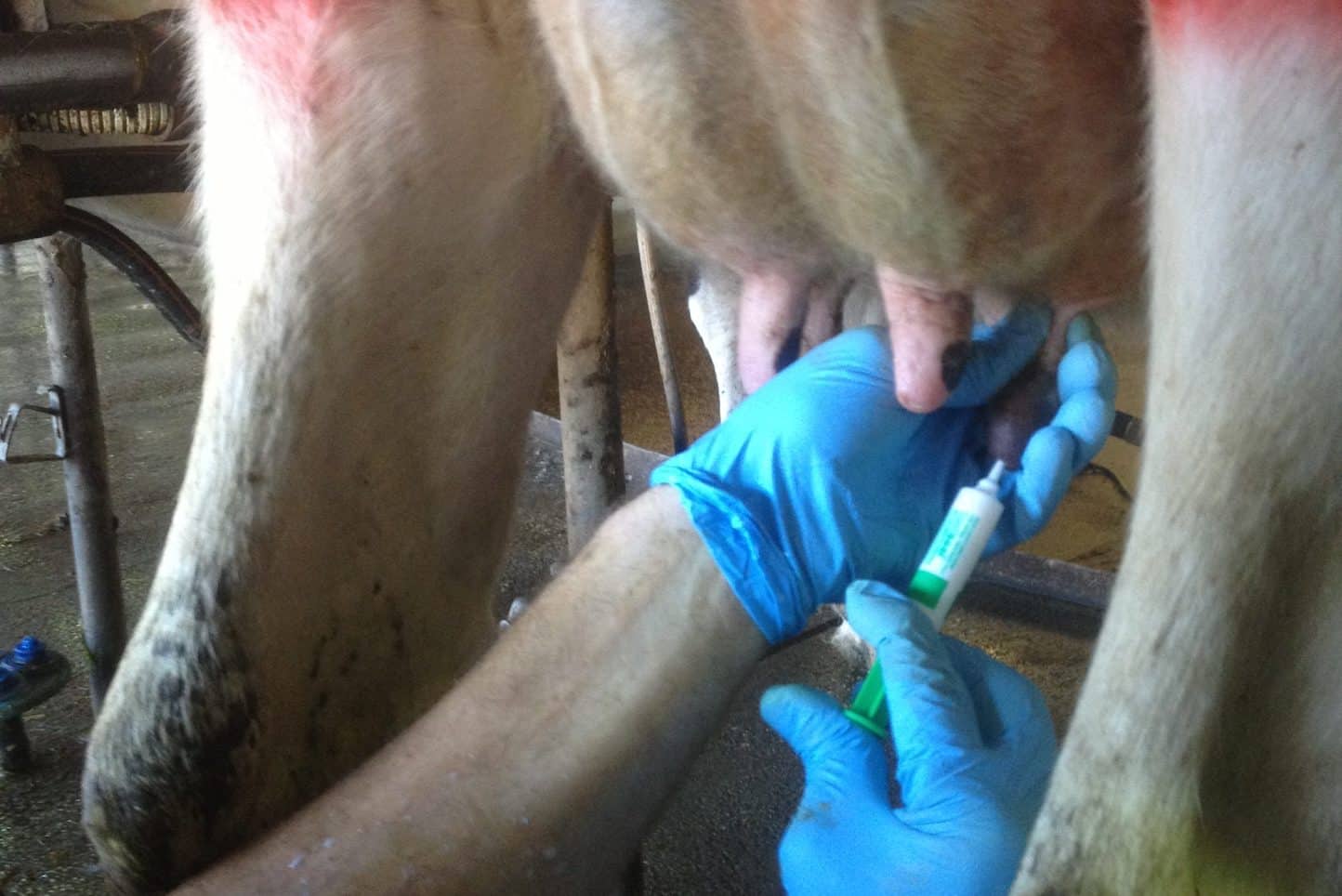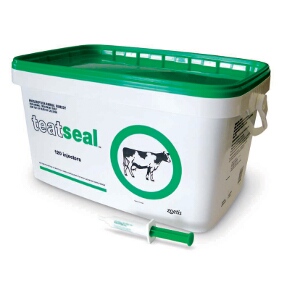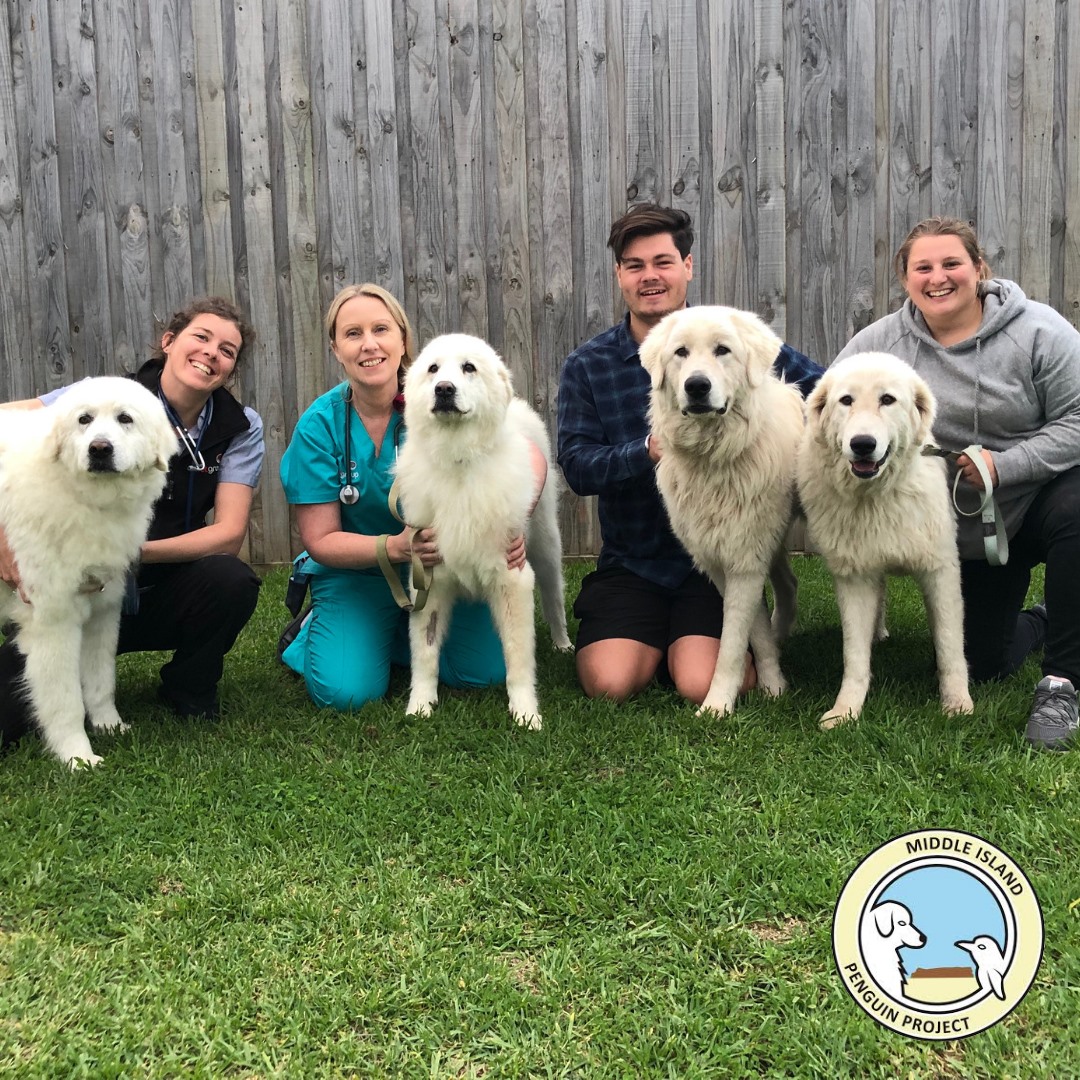Firstly, what a great community we live in as demonstrated by the huge support effort that has been apparent since St Patrick’s Day fires.
We are so grateful that no human lives were lost. We had no time to prepare for that fateful night.
Trying to move cattle to safe areas was near impossible and knowing the fires pathways was equally impossible.
For most farmers affected directly there were few cattle lost, however, for a small number, the losses were horrific.
Some cattle were unable to avoid either life-threatening burns or too much damage to survive in the herd.
For animals that were burnt but survived, the more severe cases had significant damage to their feet that was going to impact on their future ability to walk.
The less severely affected female cattle that had fire sweep across their paddocks had various levels of teat damage. Many of these cattle were unable to continue in lactation with significant burns.
Dry cows and particularly maiden heifers had blistered teats that would almost certainly impact on their ability to have successful future lactations.
We learnt from the Ash Wednesday fires that many burnt yearling heifers failed to have a patent teat end at first calving despite looking normal.
For the few unfortunate groups of heifers burnt, it will be wise to check their teats now for evidence of burning.
It may be best to replace these heifers than grow them to calving to find they are not functional. The fate of dry cows can be determined much earlier as they calve.
Bulls that were not burnt beyond salvage but had significant heat burns to their testicles are possibly not going to be fertile for 2 months.
Unless they are high genetic merit, they are best swapped. Alternatively, they can be semen tested prior to mating.
Most of us were not directly affected by fires, however, the loss of power was a reminder that interruption to power is a guarantee in our region.
For many farmers, the potential for frustration can be enough to invest in alternative power sources for emergencies.
The delay in milking did see many farms have minor mastitis outbreaks. Their control is along the same lines as any other mastitis outbreak.
Whole herd stripping to identify clinicals before they impact too much, is important.
If any farmers were significantly impacted by fire or lack of power supply, we do have available some gifted product to treat fire or mastitis affected cattle so please contact us.

